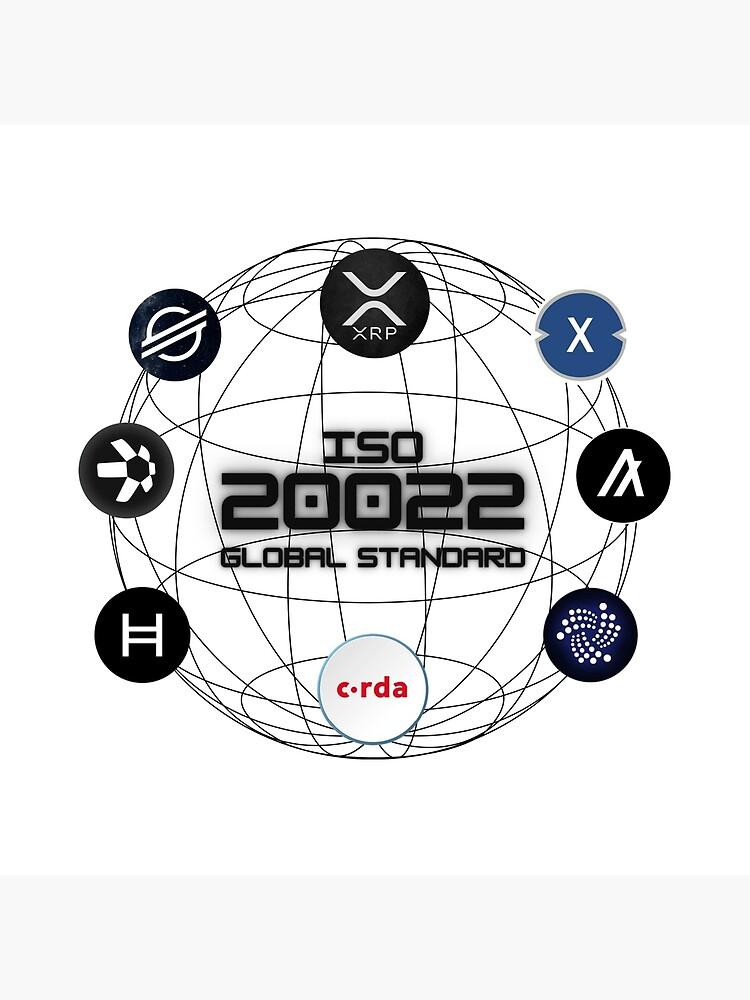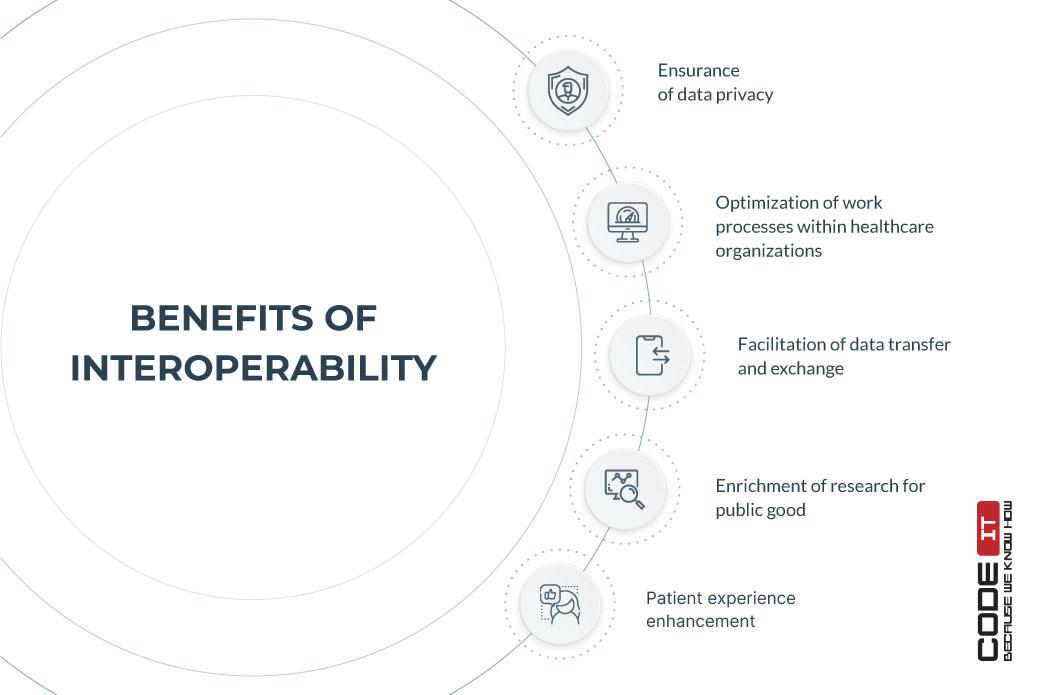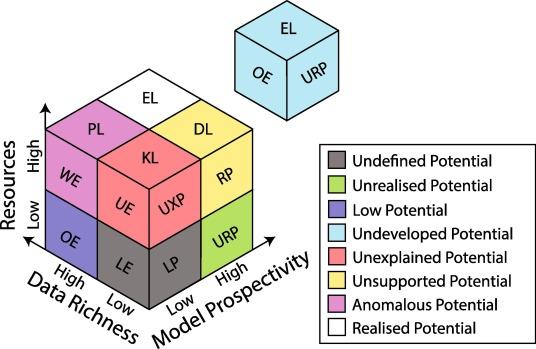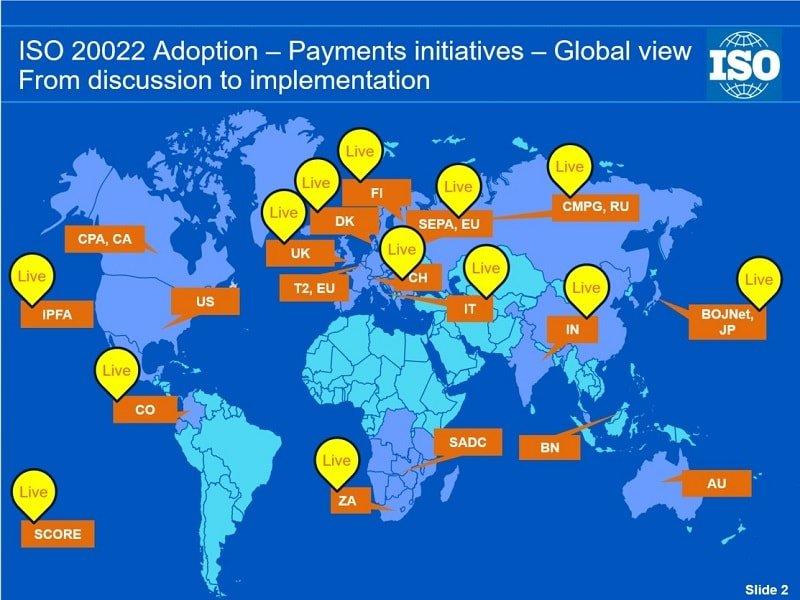In an increasingly interconnected world where financial transactions transcend borders and traditional boundaries, the mechanisms that underpin these exchanges are evolving at an unprecedented pace. At the forefront of this transformation is ISO 20022, a standard poised not just to facilitate compliance but to redefine it as a catalyst for value creation. As organizations grapple with the intricacies of regulatory demands, the challenge lies in shifting the perception of compliance from a mere checkbox exercise to a strategic advantage. This article delves into the ISO 20022 revolution—exploring how this innovative standard is reshaping compliance frameworks, enhancing interoperability, and unlocking a wealth of opportunities for organizations ready to embrace change. Join us as we navigate this pivotal shift, revealing how the convergence of technology and standards can transform compliance into a powerful driver of growth and innovation.
Embracing ISO 20022 as a Strategic Asset in Financial Services
In the rapidly evolving landscape of financial services, embracing ISO 20022 offers institutions the opportunity to transform compliance obligations into valuable assets. This standardized messaging format facilitates improved communication between systems and stakeholders, enhancing data richness and accuracy. By streamlining processes and integrating advanced capabilities, organizations can significantly reduce operational risks while benefiting from:
- Enhanced Interoperability: Seamless integration across borders and institutions.
- Real-time Processing: Accelerated transactions leading to improved customer satisfaction.
- Data-Driven Insights: Access to richer data sets that support business intelligence efforts.
Moreover, adopting ISO 20022 aligns organizations with global trends, fostering innovation and competitiveness. By shifting focus from merely meeting regulatory standards to leveraging the capabilities of ISO 20022, financial services firms can unlock new avenues for growth. This move can lead to:
| Opportunity | Benefit |
|---|---|
| Operational Efficiency | Reduced costs and improved process automation |
| Regulatory Compliance | Streamlined reporting and risk management practices |
| Client Engagement | Personalized services driven by data analytics |
This strategic embrace not only enhances infrastructure but also encourages a culture of innovation—propelling firms into an ecosystem where compliance is not a burden, but a catalyst for success.

Unlocking Enhanced Interoperability for Seamless Transactions
As financial systems evolve, the need for enhanced interoperability has surged, particularly within cross-border transactions. At the heart of this shift lies the ISO 20022 standard, designed to simplify and harmonize communication between disparate payment systems. By offering a richer data set, organizations can achieve greater clarity and efficiency in their transactions. This transition not only reduces the complexity of data exchanges, but also facilitates easier compliance with evolving regulatory requirements, ultimately benefiting both financial institutions and their clients.
The implementation of ISO 20022 paves the way for seamless connections across various platforms, enabling a unified experience for users. Key benefits include:
- Improved Data Quality: Enhanced data formats provide clearer transaction details.
- Faster Processing Times: Streamlined communications lower processing times significantly.
- Broader Integration: Facilitates smoother integrations across multiple banking and financial systems.
For organizations looking to leverage this standard, embracing ISO 20022 is not just about compliance; it’s about transforming how they engage with customers and partners. This evolution marks a profound step towards a more interconnected financial ecosystem, ultimately allowing businesses to thrive in a landscape driven by agility and innovation.

Driving Innovation through Data Richness and Standardization
The advent of ISO 20022 is not just an evolution in compliance; it represents a paradigm shift towards enhanced data richness and standardization. Financial institutions, corporate entities, and payment service providers are increasingly recognizing that standardized messaging frameworks facilitate interoperability and accelerate innovation. By leveraging a common language, organizations can enhance the clarity and accessibility of data, thus shaping a more dynamic economic landscape. The resulting data richness empowers stakeholders to make better-informed decisions, optimize operations, and drive tailored customer experiences.
Moreover, the integration of ISO 20022 fosters a transformative approach where compliance is no longer viewed as a burdensome requirement but rather as a springboard for value creation. Data standardization enables organizations to harness analytics and derive actionable insights from enriched datasets. This holistic perspective on compliance not only mitigates risks but also helps unlock opportunities for innovation and growth. As financial ecosystems continue to evolve, embracing this standard can redefine how businesses approach compliance, ultimately leading to a more agile and resilient infrastructure.

Cultivating a Culture of Compliance that Fuels Business Growth
Embracing compliance as a strategic lever can lead organizations to newfound efficiencies, enhanced reputation, and ultimately, increased revenues. To achieve this, companies must prioritize establishing a robust framework that not only meets regulatory requirements but also reflects their core business values. This entails investing in training programs that spotlight ethical standards, regulatory updates, and risk management best practices. By aligning compliance initiatives with business objectives, organizations can nurture a culture where employees see compliance not as a burden but as a catalyst for innovation and responsible decision-making.
Moreover, technology plays a vital role in this transformative journey. Harnessing the capabilities of frameworks like ISO 20022 allows businesses to streamline their financial communications, minimize errors, and enhance the overall customer experience. By integrating compliant processes with modern business practices, companies can benefit from:
- Improved data accuracy: Real-time data integration reduces the chances of discrepancies.
- Enhanced interoperability: Seamless communication between diverse banking and payment systems.
- Future-ready infrastructure: Scalability to adapt to evolving market demands.
This multifaceted approach fosters a compliance culture that not only safeguards the organization but also drives sustainable growth in a rapidly changing landscape.
Key Takeaways
As we stand on the brink of a new era in financial communication, the transformation of compliance from a mere obligation into a valuable asset is not just a possibility—it’s an impending reality. The ISO 20022 revolution is reshaping our understanding of data interoperability and regulatory adherence, offering organizations the opportunity to harness compliance as a catalyst for growth and innovation.
By embracing this standard, businesses can not only meet regulatory requirements but also unlock insights that can drive strategic decision-making and enhance customer relationships. The journey toward integrating ISO 20022 may present challenges, but the potential rewards are substantial.
As the landscape of financial services evolves, so too must our approach to compliance—inviting businesses to rethink, retool, and reinvent their compliance frameworks. Ultimately, in this intricate dance between regulation and value, those willing to adapt and innovate will find themselves at the forefront of industry transformation, turning compliance into a powerful lever for success in an increasingly connected world. The future waits for no one; will you seize the opportunity?
